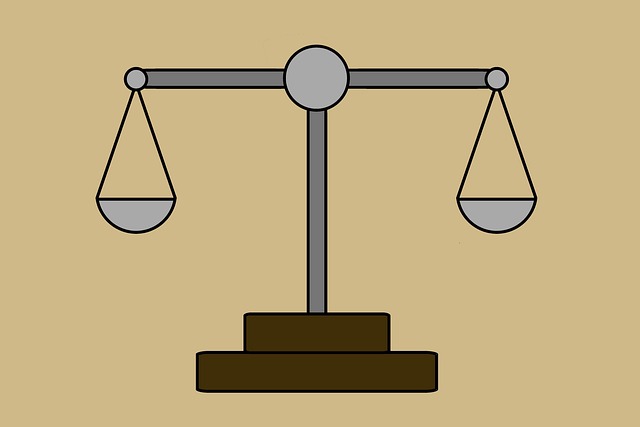Understanding and adhering to the Statute of Limitations for Libel Cases (typically 1-2 years) is crucial in healthcare law, where false publications can severely impact reputations. Legal professionals guide clients through investigative processes, ensuring proper documentation and evidence preservation to defend against libel claims, especially in cases involving disputed diagnoses or white-collar crimes. Proactive measures include staying current with regulations, implementing robust record-keeping, obtaining patient consent, and establishing clear complaint handling protocols to prevent and defend against potential liabilities.
In the intricate landscape of healthcare law, understanding critical legal concepts is paramount for practitioners and institutions. This article delves into three essential areas: Statute of Limitations in healthcare lawsuits, exploring the timeframes for libel cases; managing potential libel risks and legal recourse; and implementing prevention strategies to mitigate liabilities. By grasping these issues, healthcare professionals can navigate legal responsibilities more effectively, ensuring compliance and reducing exposure in a complex regulatory environment.
- Understanding Statute of Limitations in Healthcare Law
- Libel Cases: Time Frames and Legal Recourse
- Navigating Legal Responsibilities: Prevention and Defense Strategies
Understanding Statute of Limitations in Healthcare Law

In healthcare law, understanding the Statute of Limitations for libel cases is paramount. This legal concept dictates the period within which a claimant must initiate legal action following an alleged libellous incident. The Statute of Limitations varies across jurisdictions but generally sets a timeframe, often ranging from one to two years, within which legal proceedings can be initiated. Knowing and adhering to these time limits is crucial, as failure to file within the specified period can result in permanent loss of the right to seek justice.
The process involves navigating all stages of the investigative and enforcement process, ensuring thorough documentation and preservation of evidence. Skilled legal professionals play a pivotal role in guiding clients through this intricate landscape, aiming to achieve extraordinary results for his clients. By strategically planning and executing legal strategies, they help protect the rights of individuals and healthcare institutions alike, fostering a culture of accountability while upholding ethical practices in the medical field.
Libel Cases: Time Frames and Legal Recourse

Libel cases, a significant legal concern within healthcare, involve claims of false or malicious publication that damages an individual’s reputation. Understanding the Statute of Limitations for libel cases is crucial in navigating these complex issues. In many jurisdictions, this time frame is typically one to two years from the date of publication, highlighting the importance of prompt action. Failure to initiate legal proceedings within this period can result in a loss of recourse, making it vital for individuals and healthcare institutions alike to be aware of the deadlines.
A successful libel defense often hinges on demonstrating that the publication was not only false but also made without malice or knowledge of its falsity. This is particularly relevant in healthcare settings where diagnoses, treatments, or patient records could be subjects of dispute. A robust legal strategy for avoiding indictment and winning challenging defense verdicts involves a meticulous examination of evidence, character witness testimony, and expert opinions to counter the libelous claims, especially in cases involving white-collar and economic crimes.
Navigating Legal Responsibilities: Prevention and Defense Strategies

Navigating Legal Responsibilities involves a strategic approach to prevention and defense, especially in healthcare where errors can have significant consequences. Healthcare providers must stay informed about evolving regulations and statutes, such as the Statute of Limitations for Libel Cases, to mitigate potential liabilities. Regular training and updates on legal requirements are essential tools to ensure compliance and reduce exposure to lawsuits.
Proactive measures include implementing robust record-keeping practices, obtaining informed consent from patients, and establishing clear protocols for handling patient complaints or incidents. A comprehensive general criminal defense strategy is crucial, focusing not only on preventing white-collar and economic crimes but also ensuring that all legal responsibilities are met. This proactive approach can lead to a complete dismissal of all charges, safeguarding the reputation and financial stability of healthcare institutions.
In navigating healthcare legal issues, understanding critical concepts like the Statute of Limitations for libel cases is essential. By familiarizing themselves with these principles, practitioners can proactively manage risks and implement effective defense strategies. Additionally, recognizing the importance of prevention measures can significantly mitigate potential liabilities. Awareness of time frames and legal recourse options empowers healthcare professionals to protect their reputations and ensure compliance in an ever-evolving regulatory landscape.






